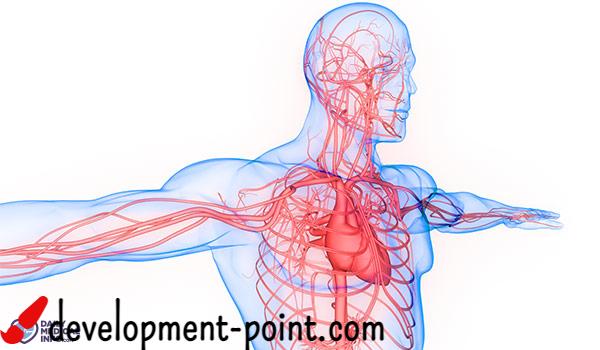Nephron: what is it and what are its parts and function?
The nephron is the basic unit of the kidneys, so what is it? In this article, we will learn about the most important details about it, such as its shape, its most important parts, and its functions, so read the following lines.
What is a nephron?
Before we get to know the nephron in detail, let us explain to you the most important information about the kidney, that small organ, about the size of a fist, and shaped like a bean. The kidney is an essential, vital organ that cannot be dispensed with, as it works to filter half a cup of blood per minute to remove waste and toxins and expel them from the body by pushing them through the ureters to the bladder and then out of the body through the excretion process.
The nephron, or renal unit, or kidney is the functional unit of the kidneys, and it is responsible for that filtration process for urine production and waste disposal. The number of renal units or nephrons is about one million nephrons per kidney.
Nephron properties
Here is the shape, size and composition of the nephron and its parts:
Shape and size of nephrons
Each renal unit is a very small, thin tube (tubule) about 30-55 millimeters long. One end of this tube is closed and folded into a cup-like double-walled structure, containing a large number of blood vessels.
Nephron parts
Each nephron contains all of the following:
- Bowman’s capsule: Also known as the glomerular capsule, it is a double-walled, cup-like structure that contains the glomerulus.
- glomerulus: It is a group of blood vessels of a special nature responsible for the process of blood filtration of waste and toxins, and each of the glomerulus and Bowman’s capsule together is called the renal corpuscle.
- Tubule: It collects urine from the glomerulus and is divided into 3 parts: Proximal convoluted tubule, which exits directly from the renal corpuscle, Loop of Henle and Distal convoluted tubule.
nephron function
As we explained in a previous paragraph, each of the two kidneys contains about a million nephrons, and the parts of the nephrons work in harmony to filter the blood from toxins and body waste, and return what the body needs back to the blood as follows:
- As blood flows into the kidneys in each nephron, it passes through very thin blood vessels (glomeruli) with a thin wall to allow small particles, waste, and fluid (mostly water) to pass into the tube.
- Large molecules such as protein and blood cells remain, and do not cross with the rest of the molecules, and the tube returns what the body needs again.
- The blood vessel that lies along the tube absorbs water, minerals, vitamins, glucose, amino acids, and other nutrients that the body needs, and returns them to the bloodstream again.
- The remaining fluid turns into urine and travels through the ureters to the urinary bladder for excretion.
Kidney disease caused by nephron damage
These renal diseases are caused by damage to these units:
Nephrotic syndrome
Nephrotic syndrome is a kidney disorder that causes large amounts of protein to be excreted in the urine. This disease usually results from damage to the nephrons for many reasons, and its symptoms include swelling of the ankles and feet, the presence of foam in the urine, a feeling of exhaustion, loss of appetite, and weight gain as a result of fluid retention. Treatment depends on treating the cause.
Glomerulonephritis
It is an inflammation of the glomeruli – one of the parts of the nephron -, and it may be a chronic or acute disease, and this disease usually occurs as a result of another disease such as lupus (an immune disease) or diabetes. Severe or prolonged inflammation may damage the kidneys, and treatment depends on the cause.
Membranous nephropathy
This disorder occurs when the glomeruli are damaged due to the thickening of their wall, resulting in protein leakage into the urine. It causes too much protein to be lost in the urine.
Analgesic nephropathy
This disease results from excessive intake of pain-relieving medications such as non-steroidal anti-inflammatory drugs such as ibuprofen, ketoprofen, naproxen, and aspirin.
Renal failure
Kidney failure occurs when the kidneys do not function properly and are unable to filter waste products from the blood. This can cause toxins to build up to dangerous levels, and treatment in advanced stages may require dialysis or a kidney transplant.

